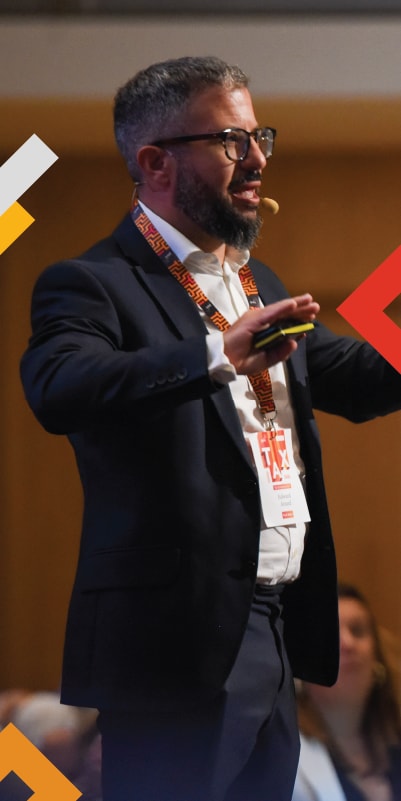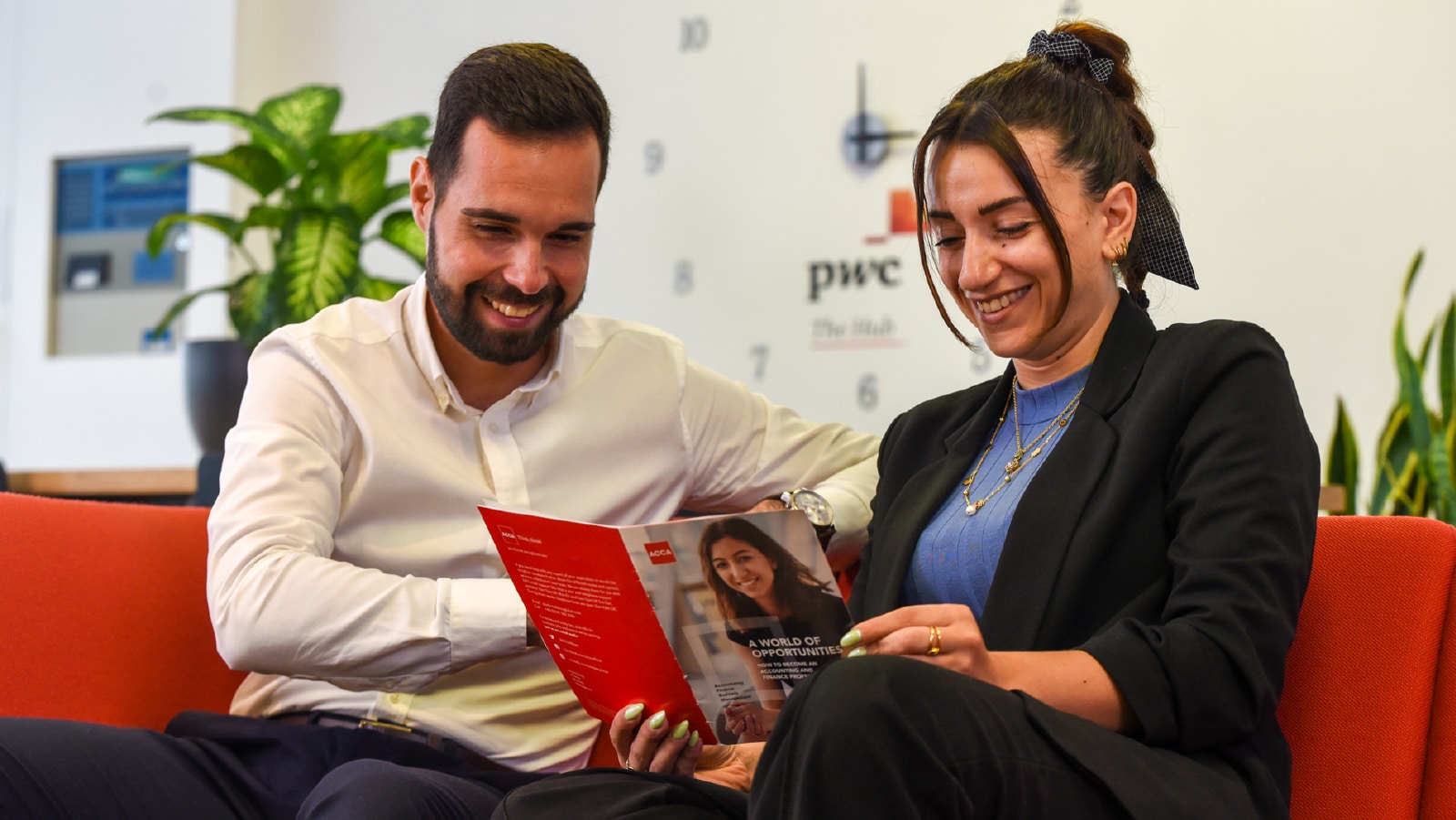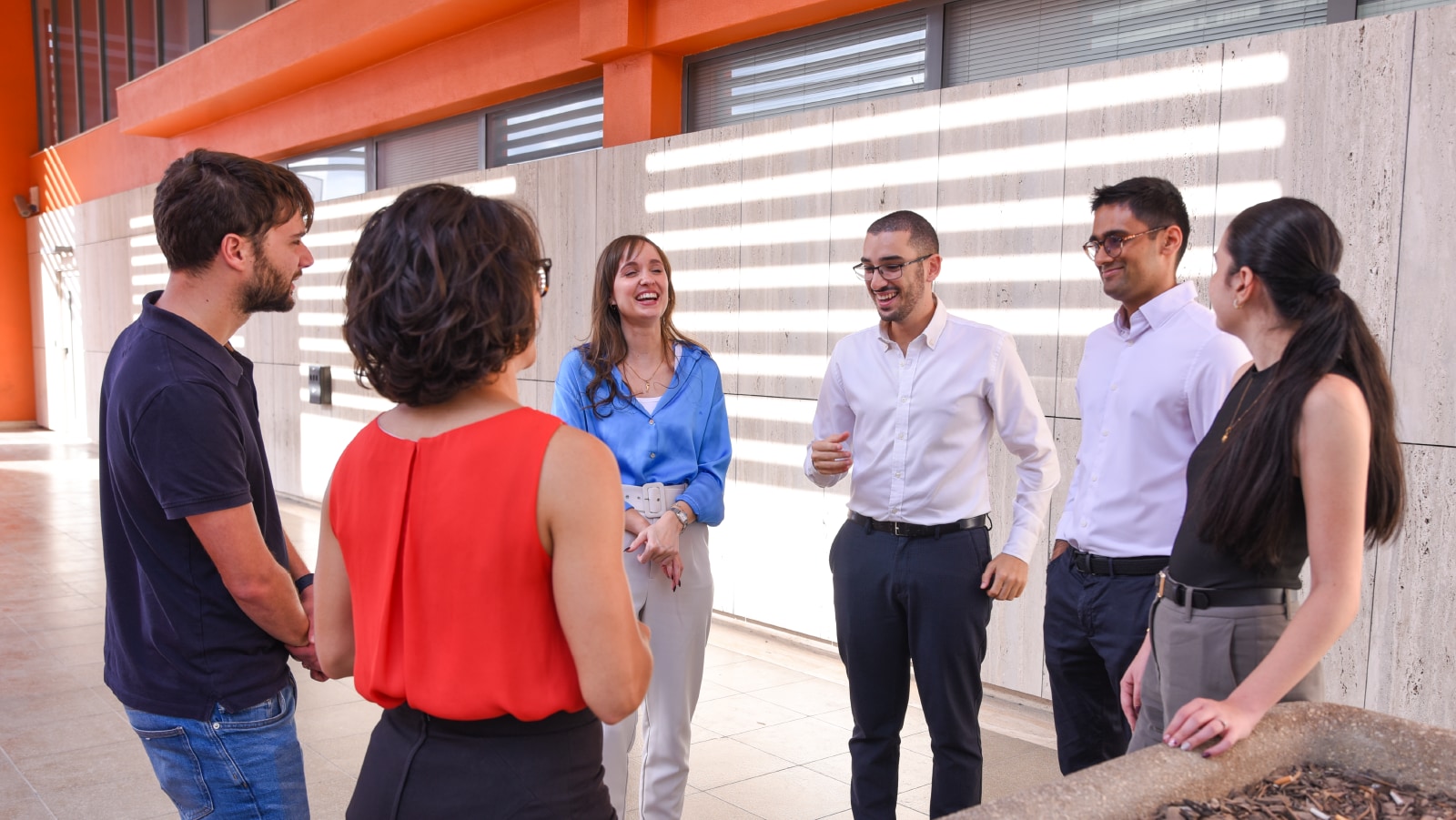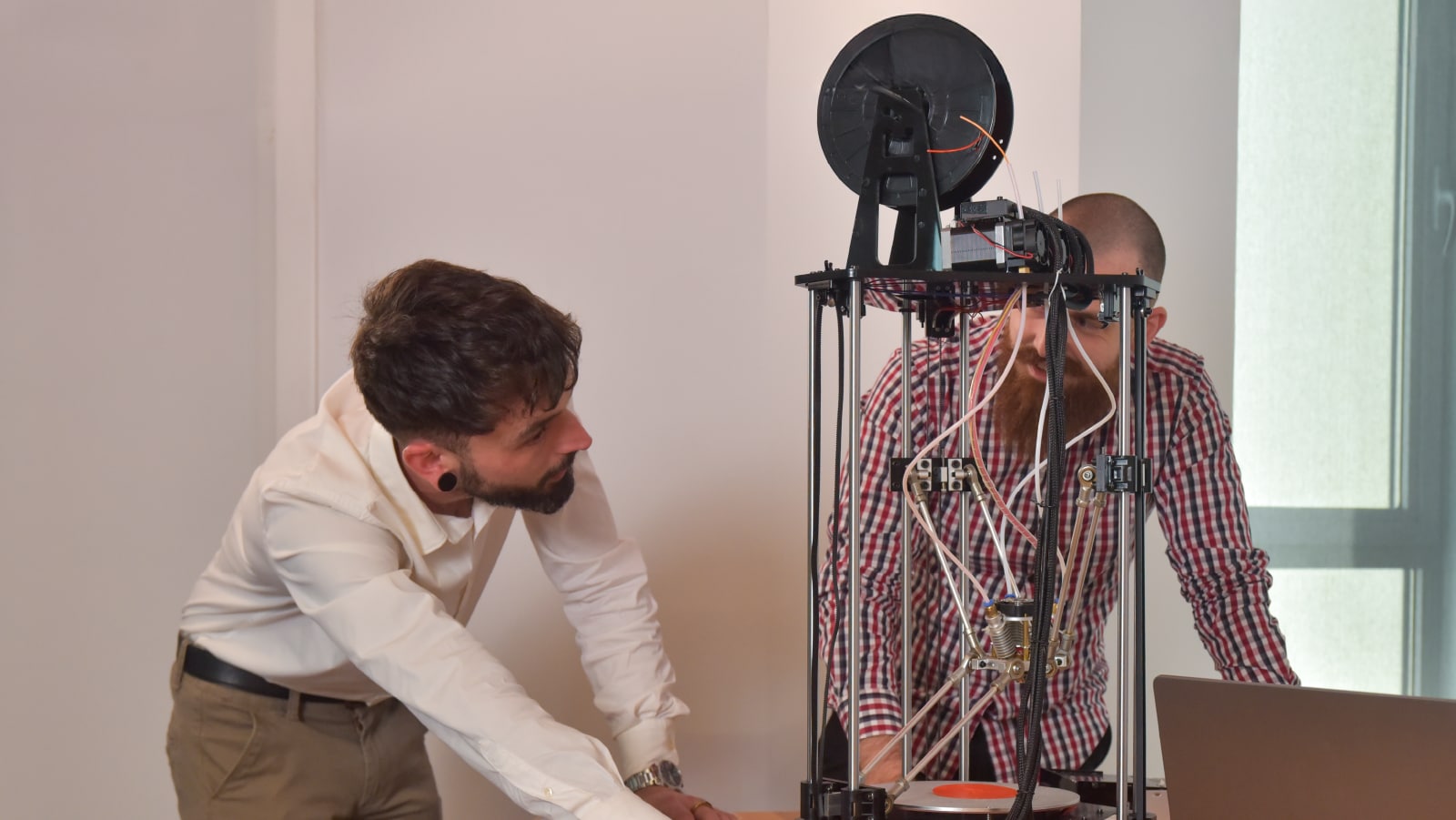Shaping the future: A case study on preparing the next generation of business leaders
The evolving business landscape often presents family-owned companies with a critical challenge: transitioning leadership from one generation to the next. This shift involves more than simply handing over the reins; it requires careful succession planning, establishing sound governance, and navigating potential conflicts among incoming shareholders. Effective planning ensures both stability and sustainability during this period of change.
PwC has long provided expert guidance to family-owned businesses undergoing such transitions. Our support focuses on creating structures that promote efficiency, resilience, and long-term success, even in the face of significant shifts in leadership and ownership.
One recent engagement involved a medium-sized family business seeking to prepare the next generation of shareholders for future leadership roles. PwC was asked to provide strategic tax and regulatory advice on this delicate transition. We worked closely with the family to assess their current governance framework and craft a plan that would ensure the smooth involvement of younger family members, the third generation, while maintaining business stability.
The first step was to assist in updating the company’s governance structure, ensuring that roles, responsibilities, and decision-making processes were clear and aligned with the future direction of the business. This included restructuring the board of directors and ensuring that key decisions, such as profit distribution and investment strategy, were formalised and agreed upon by all shareholders.
PwC also provided tax advice to efficiently streamline the transfer of ownership across generations - which was further complicated by the fact that some new shareholders were no longer based in Malta, and some wanted to invest via their family offices. We developed an asset transfer plan that protected family wealth while ensuring full compliance with the applicable regulations. In addition, we assisted the family with drafting a charter that among other matters also included a mechanism for resolving potential disputes in a staggered manner, with the aim of reducing the likelihood of future conflicts among family members – a key consideration in ensuring sustained business stability.
Beyond governance and restructuring, PwC also offered workshops to actively engage the incoming directors and generation of shareholders and to prepare them for their new roles. The aim of these sessions was to equip these future leaders with the skills necessary from a corporate and regulatory perspective, to manage the company in a rapidly changing business and regulatory environment.
This case is an example of PwC’s ability to support family-owned businesses as they navigate generational transitions. Our tailored approach helps businesses preserve their legacy while preparing for the future, ensuring both continuity and growth. By focusing on governance, proper efficient planning, and conflict management, we empower the next generation to confidently lead their family business in a sustainable manner through the challenges and opportunities that lie ahead.


Streamlining public sector operations with Microsoft D365 Finance and Operations
The client, an organisation operating in the public sector, issued a public tender for a Corporate ERP solution to enhance public service delivery and ensure the availability of infrastructure for ICT services. The client aimed to implement an integrated ERP solution addressing four main business areas: Finance, Contract Management and Procurement, Project Accounting, and Human Resources. The ERP solution needed to be comprehensive, integrated and scalable, offering a single point of access for the business instead of relying on multiple, isolated systems.
PwC, leveraging its strategic alliance with Microsoft, implemented the Microsoft D365 Finance and Operations ERP solution and related Microsoft Power Platform technologies. PwC acted as the transformation partner, embracing a modified waterfall implementation approach. The implementation consisted of four phases: Assess and Design, Configuration and Build, Testing and Training and Go-Live and Operate. The solution design considered the implications of various configurations, and the Microsoft Azure DevOps toolset was used for collaboration and testing.
The implementation activities and solution design factored in company processes and dependencies between departments. Several Conference Room Pilots (CRPs) were conducted iteratively to showcase system functionalities and ensure continued client engagement. The CRP workshops facilitated open discussions with the client to explore the best approach for design and configuration. The workshops also provided a basis for producing task recordings and documentation.
The outcome of the implementation was the successful deployment of Microsoft D365 in the cloud, providing necessary ERP functionality and significantly improving the organisation's overall experience. The solution's scalability is expected to sustain future growth and embrace strategic objectives. Employees now key their timesheets into Microsoft D365 Finance and Operations, contributing to a more efficient process for issuing monthly bills and timely control of project budgets. The client can analyse ERP-related data using Microsoft PowerBI and other Microsoft D365 reporting tools, delivering one source of truth.
Supporting a large licensed institution with its implementation of CSRD
PwC is currently performing limited assurance procedures on the sustainability statement of a large licensed institution in Malta. Our work involves reviewing and challenging the entity’s methodology documentation for conducting its Double Materiality Assessment process. This includes examining value chain boundaries, scoring criteria, identification of key stakeholders, and the quantitative and qualitative data used to determine the entity’s material impacts, risks and opportunities (IROs). Additionally, we have reviewed and provided feedback on the entity’s initial draft sustainability statement.
In doing so, we reviewed the institution’s methodological approach, including key assumptions towards determining its financed emissions, being those emissions linked to its investment and lending activities, and the approach towards meeting the disclosure requirements mandated by the Taxonomy Regulation.
Throughout this process, we have worked closely with management to provide ongoing support and feedback on various technical aspects related to the requirements established within the ESRSs. The process has been iterative, allowing us to continuously refine our approach, and has involved a number of specialists, particularly GHG accounting experts, financial institution experts, environmental experts, legal experts and broader sustainability experts. Additionally, as part of our support, we have been benchmarking outputs across the PwC Network to ensure that we bring the best advice to our clients.


Understanding market sizing and customer buying behaviour
Our client sought to understand the size and dynamics of the Maltese retail market. To achieve this, we conducted comprehensive research, collecting and analysing data from various sources to provide reliable and validated figures. We gathered information from multiple sources, including industry reports, market databases, and government publications, ensuring accuracy and reliability.
Our research included a thorough analysis of market changes, competitor activities, and trends impacting the retail sector in Malta. This analysis helped identify key factors driving market growth and potential challenges.
We conducted a detailed competitor analysis to understand the competitive landscape, identifying major players, their market shares, product offerings, and strategies. This provided insights into the strengths and weaknesses of competitors, helping the client position themselves effectively. We examined current and emerging trends in the market, such as technological advancements, consumer preferences, and economic factors, enabling the client to anticipate market shifts and adapt their strategies accordingly.
To gain deeper insights into consumer behaviour, we supplemented our research with an online survey distributed to the general public. The survey aimed to understand consumers' characteristics, needs, purchase behaviours, and preferred retail outlets, providing valuable information on consumer preferences and buying patterns.
The insights gained from the market analysis, competitor assessment, trend examination, and consumer survey enabled the client to make informed decisions and develop effective strategies to capitalise on market opportunities.
Practical applications of new technologies facilitating our audits
The PwC Network is heavily investing in new technologies to make our audits more effective for our clients. Our ultimate objective is to deliver more than just an audit opinion. As part of our audit we strive to deliver value adding insights to our clients on financial reporting processes, their business and operations.
In one of our recent engagements, the audit team created automated audit processes using Alteryx, to help simplify and speed up the review of a high volume of manual accounting entries that were deemed to be an important part of a significant risk area within the audit. The automation compared the current period's accounting entries with those from the previous period. This comparison helped to identify any significant differences or unusual patterns that may have required further investigation. By focusing on a smaller population of heightened risk entries, the team was guided to flag entries that seemed unexpected.
On other engagements, audit teams have also developed data analytics dashboarding to help analyse trends on large data sets, making it easier to spot patterns or issues. Since data generally comes in different formats, teams are also able to automate the cleansing and transformation of data sets into standard formats. Such automated processes cut down on execution efforts, minimise the risk of human error, and allow the team to focus on reviewing results and identifying potential audit risks more effectively.
Going forward the automation of processes revolutionises the need of sampling, as it enables us to perform analysis and testing across the whole population. More detailed testing is then focused on entries that are deemed to be of a heightened risk. Automated workflows streamline tasks, making the review process faster, more accurate, and less prone to human error.
The vision that the PwC network brings to our clients and the audit profession clearly demonstrates that evolving processes enabled by technology will elevate the role of auditors. This is particularly significant for younger professionals, as it provides them with more opportunities to engage in judgemental areas rather than being limited to mundane and repetitive audit procedures. The value extends to our clients with a quicker turnaround and more focus dedicated to the discussion and resolution of key audit matters and findings.

Contact us























